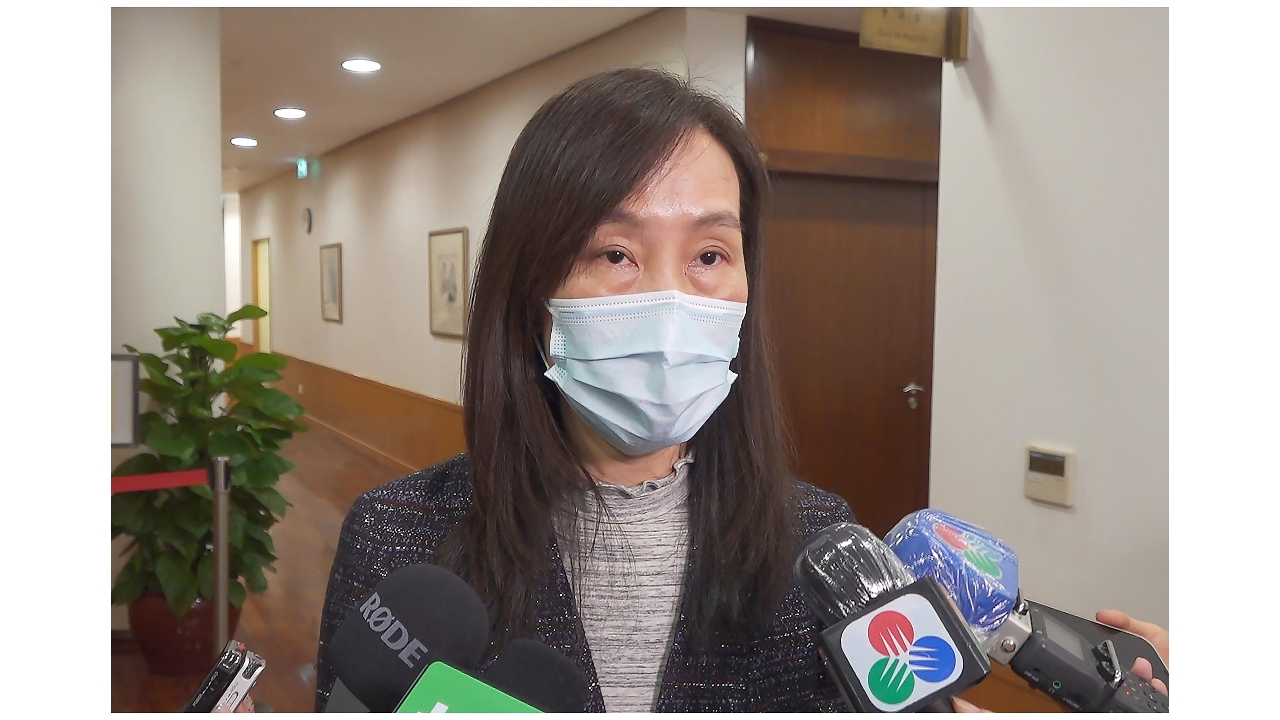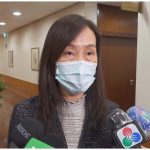
The Secretary for Social Affairs and Culture, Ms Ao Ieong U, today said the results of the citywide nucleic-acid testing currently being done in Zhuhai would be crucial to the decision-making of the Macao Special Administrative Region (MSAR) Government during the next two days regarding arrangements next week for cross-boundary students.
Those studying in Macao that lived in neighbouring cities such as Zhongshan or Zhuhai had been exempted from classes today, she said. That was due to a COVID-19 case being detected this morning in a nucleic-acid mass testing exercise in Nanping Town, in the Xiangzhou District of Zhuhai.
The Secretary said the MSAR Government had received, at 4am today, a notice from the Zhuhai Government regarding epidemic-related developments. The MSAR Government then had to finalise its emergency response regarding whether there was a need either to: limit movement between the two cities; shorten the validity period for the nucleic-acid test certificate required for cross-boundary travel; or offer cross-boundary students exemption from class attendance. At 6am today, the Government had announced to the public the steps that were being taken.
Ms Ao Ieong said the MSAR Government hoped to minimise disruption to schools, especially their respective schedule for examinations. If cross-boundary students were unable to take part in an examination as a result of updates to epidemic-prevention measures, they should be offered a fresh chance to do so.
Those schools without scheduled examinations might consider starting early the Lunar New Year holiday break for their students, she said.
The Secretary additionally said a full suspension of classroom-based non-tertiary education would only be considered if Macao recorded a local COVID-19 case.
There would be no need for class suspension if a case was categorised either as imported-related or had been well contained within a designated restricted area, the Secretary stressed.
In separate developments, starting from next week, members of the public would be required to scan a Venue Code when entering a public sector building, Ms Ao Ieong said.
The Government had wished to allow a longer time for the public to become familiar with using the Macao Health Code mobile application, before making such use mandatory for entry to certain premises, Ms Ao Ieong said. But there might be people entering Macao who had been in close contact with those in neighbouring cities that were newly identified as infected with COVID-19.
This created the possibility of an extensive workload for the authorities in terms of epidemiological investigation. Previous experience suggested that in order to gain effective control of an outbreak, it was necessary to identify within a day, any people that had been in close contact with identified cases, she explained.
The Secretary called on the public to use the Venue Code function in the Macao Health Code app when visiting any place popular with the public.


